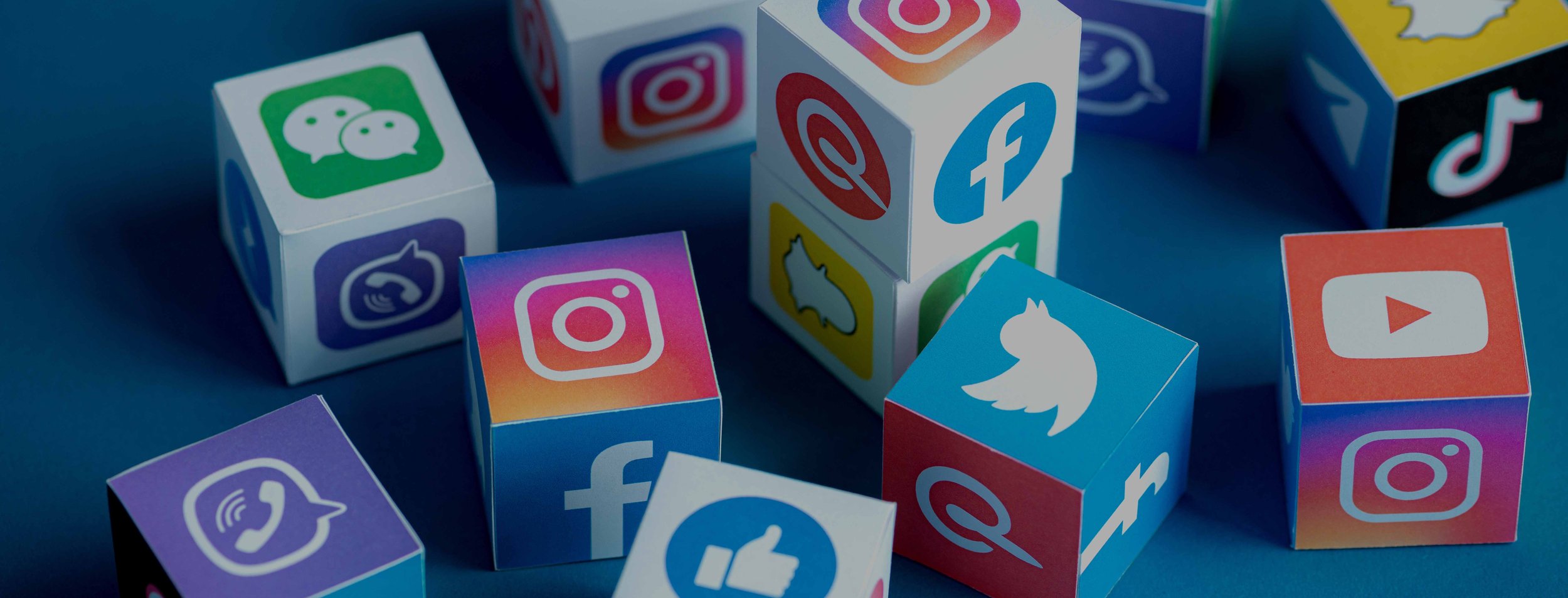A tremendous set of tools you have for leadership growth are your ears. Every conversation you have is an opportunity to become a better leader. When you approach conversations with your spouse, your friends, coworkers, clients, others, as a way to learn, you’ll be surprised how much leadership experience you’ll gather along the way.
Listening to learn. Leaders interact with people all the time, and by-and-large we lose leadership opportunities in the hurry to move on to something else. Conversational learning begins by treating every conversation as an opening versus an obligation. You have another person’s attention and they have yours. What might you ask, if only taking a few more moments, that can add value to their life and work and yours as well? And after you ask a question, stop talking. Let there be a quick progression of a friendly ask, and then open ears to actively listen to the response. The leadership value will be not in what you asked, but in what the other person answered.
The questions you ask also say a lot about the kind of leader you are. Skip past the weather, sports talk and thoughts on the day’s salacious news headline. Anyone can lurk at the water cooler and accomplish nothing. What you ask will communicate that you value the other person, and what they have to say. The information and opinions you gather and process can have a marked impact on your leadership—especially when it comes to influencing and interacting with the person you are talking with.
Relational questions. Getting to know someone is always worthwhile. Even if you never become great friends, every person represents the key objective of leadership. Knowing people will help you gauge their mood and manner, how they respond under pressure, what’s important to them, and their own goals and values. Ask a man about his family, interests, or history, and you’ll likely get a thoughtful and engaged response. For each person you encounter, learn who they are, and who they are connected to.
Professional and process questions. Everyone knows something that you don’t know. Even if you’ve got decades of experience, asking the opinion of a new hire will reveal a new nugget of information. People who have different jobs and functions within an organization can tell you what works and what doesn’t. You might learn interesting connections between work areas, or the way one area or profession does something that could positively apply to your own work.
Experiential and wisdom questions. There’s an old saying, “Be kind. You never know what someone else is going through.” That’s a fact. Equally true is you also never know the wisdom and experience someone else has because of what they’ve gone through. Asking someone how they handled a difficulty or crisis, or how they think about problems and opportunities, will often reveal valuable wisdom. Remember that wisdom is the combination of knowledge and experience. Because each person’s experience is unique, they can offer wisdom that you don’t have if you just take the opportunity to probe their experience.
Spiritual questions. Leaders are sometimes nervous to delve into spiritual matters, but there’s no better way to broach the subject than to ask a question. If answered, it gives you permission to talk in that direction on occasion. The best spiritual question for a complete stranger is, “How can I pray for you?” Few people are ever offended by the offer to pray, as this is an expression of care and concern for someone. Note, however, that if you ask someone for their prayer requests, you must follow through and actually pray! Prayer is a subject that opens up greater spiritual conversations. Be ready to ask, and to pray.
Before you go… A great method of conversational learning is to ask a quick parting question of someone, after the purposeful content is completed. Your mind has a tendency to more easily remember that last thing you talked about with someone, so this is also a good way to keep those learning thoughts in your head. Start a habit of saying, “Hey, before you go… I had a quick question for you…” And truly make it a quick question: “Could you tell me the one thing…” or “In a sentence or two, tell me about…” Ending a conversation by allowing a person to talk about themselves is a great way to cement a friendship.
Learning Questions. Have a set of learning questions in your mind that you can use at any time. We’ve provided the list below as a PDF link that you can print out, fold and keep in your wallet or laptop bag for easy reference. No matter the original purpose of your conversation, ask a learning question before you go, and take something of value with you that goes beyond a simple interaction.
Relational Questions
How is your family?
What fun things are happening with your kids?
Got any trips or time off coming up?
What is your best childhood memory?
What do you enjoy doing in your time off?
What’s your favorite time of the day, and why?
What is something you have done that you are proud of?
What items are at the top of your “bucket list?”
What are some of your favorite desserts?
If you could rid yourself of a bad habit, what would it be?
What is one of your goals for the year?
What cheers you up?
What is something you regret buying?
Do you have any personal challenges coming up?
What is a favorite holiday memory?
Can you share a favorite quote?
What’s your favorite beverage to drink?
What bores you?
What are you freakishly good at?
What’s your favorite hobby or pastime?
Do you have any regrets?
What is the best thing going on in your life right now?
Who was your hero growing up?
How are you doing?
What kind of week are you having?
Where is your favorite place to eat out?
Professional and Process Questions
What process do you use to get this done?
How do you avoid conflict at work?
Who do you go to for good professional advice?
What’s something you’ve learned in the industry recently?
Any valuable connections of made recently?
Are you enjoying your work?
What is keeping you busy or overloaded?
What challenges have you been facing in the office?
What’s your most effective sales tool?
What’s the mindset of a client in this industry?
What was your first job? How did you do in it?
What do you wish you were great at?
How do you know if someone is lying or telling the truth?
How do you prepare for the day?
What do you do in order to operate at 100% capacity?
Do you think everyone can be a leader?
What’s your biggest challenge in work or leadership?
How do you define success for your organization?
Where and when do you get your best ideas?
What do you want your life to look like in five years?
Would you rather have more money or more time?
What are you most grateful for right now?
Where is an area professionally where you think you can grow?
Is there anything we can work on together?
How can I serve you in your work or family?
Experiential and Wisdom Questions
How would you go about making this decision?
Who is a personal or professional influence on you?
Do you have a teacher or professor who gave you great instruction?
How do you prioritize your time?
How would you like to be remembered?
What relationships are most important to you?
What is a life moment that has really shaped you?
Do you have a motto for life?
What are some favorite books you’ve read recently?
How do you take your mind off of work?
What do you find enjoyable about your profession?
Do you have a bad habit you wish you could get rid of?
Has someone ever changed you life?
How do you handle criticism?
What is something that I do that you wish I wouldn’t?
What is the best piece of advice you’ve received?
What is one mistake that you keep repeating?
What is the hardest thing you’ve ever had to do?
Does everyone deserve forgiveness?
How do you handle it when you are angry with someone?
What would you do if you were not afraid of failure?
What has been on your mind today, and why?
Spiritual Questions
How can I pray for you?
What can I do to help you recover?
How can I serve your family during this crisis?
How is your church helping you through this?
Do you have a favorite Bible verse?
Do you have a spiritual role model?
What is your earliest experience with faith?
What is a story from the Bible that you remember and identify with?
What is something you really want, but are afraid to pray for?
What is God teaching you right now?
What have you been praying about?
Do you feel encouraged or discouraged?
Do you read the Bible regularly?
Do you think having faith in something is important?
Do you believe that God has a plan for you?
Why do you think you were created?
What is your purpose or mission in life?
Build up your conversational skills if you want to be a better leader. Too often in today’s culture we hide behind phone screens, text messages and voicemails. We spent years as we grow up learning to connect to people with similar interests, read body language, counsel and console. Then for some reason we quit the habit and rely on Facebook posts to know how people are getting along. Every interaction with someone is an opportunity, however brief, to learn something new, and practice your conversational skills. People love to talk about themselves, and tell you what is going on in their lives. Let them. Learn to find others more interesting than yourself. As you build your conversational skills, you will lead and influence more effectively.

































Some of us lie all of the time. A recent study by the University of Massachusetts found that during an average 10-minute conversation, 60% of people will say something that isn’t entirely true.